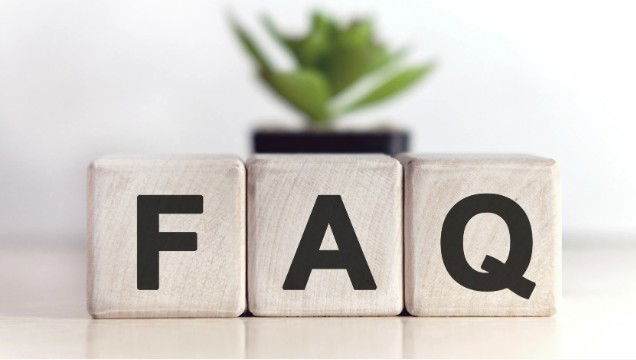Trusts: a plain-English guide

Trusts sound complicated, but they’re simply a way of trusting someone to carry out your wishes after you’re gone. They help protect loved ones, preserve property, and control how your estate is used. This guide uses a pub table analogy to illustrate the differences between doing nothing, leaving a gift, and using a trust.
I was talking with friends, and the chat turned to trusts. This is the oversimplified version I gave them to make the idea click.
Imagine Nikki has £50 in her bank account. If Nikki dies without a Will, the set rules (called intestacy) decide who gets that £50, whether it’s who she wanted or not. Inheritance Tax is not actually charged on £50, but think of this as a picture of how tax can bite above the allowances. Figures here are illustrative only; real thresholds are far higher than £50.
Now, imagine Nikki gives her husband, Chris, the £50 as a gift. He owns it—legally and morally. If he spends it, loses it, or gives it away, it’s gone.
This time, Nikki gives Chris the £50 and says, “Please use this to buy us both a takeaway on your way home. If there’s anything left, get something for the kids.” She’s trusted him to follow those instructions. That’s a simple trust.

What if the takeaway is shut? If Nikki adds, “Ideally, get a takeaway, but if something comes up, use your discretion,” Chris can buy a meal deal from the supermarket instead. He still must stick to Nikki’s wishes. That is the idea behind a discretionary trust: trustees have the flexibility to act within the rules set by the person who established the trust.

Now switch the £50 for the family home. Say Nikki and Chris own a home worth £650,000. If Nikki dies without a will-based trust, everything passes to Chris. Later, if Chris faces care costs, financial pressure, or a new relationship, the home’s value can be exposed. The children might not inherit what Nikki intended. Tax may also be higher overall depending on values and allowances.
A straightforward life-interest trust grants the survivor the right to reside in the home and receive income generated by the trust assets. A Flexible Life Interest Trust (FLIT) provides controlled flexibility, allowing trustees to support wider family needs within the powers outlined in the Will, should circumstances change. A short Letter of Wishes lets the person who made the Will give practical guidance without adding legal complexity.
Protecting people: Will trusts help younger, vulnerable, or at-risk beneficiaries by allowing them to benefit without taking complete control too soon?
Protecting assets: Trustees use the estate for its intended purposes and help prevent loss through pressure, misuse, or bad luck.
Tax position: trusts can potentially reduce inheritance tax exposure, depending on values, timing, and allowances. The aim is control and protection first; tax follows the facts.
A Will trust may offer some protection against means-testing and third-party risks. You have no reasonable expectation of needing care, and it isn’t a primary concern for you; any care fee impact is a potential side benefit of the main reason you’re considering the trust.

A Will sets out who gets what when you die. A Will Trust gives more control over how and when that happens, which is helpful if you want to protect someone or manage tax exposure. If a Will is like third-party cover, a Will Trust is closer to fully comprehensive—same car, same driver, better protection.
You can change your Will at any time while you have mental capacity. After death, flexibility depends on the terms of the trust. The trustees can adjust Flexible Life Interest Trusts within the powers set out in the trust. Some dispositions can be varied within two years of death by a Deed of Variation, provided the consent of the affected adult beneficiaries is obtained.
No. Lifetime (inter vivos) trusts typically mean relinquishing direct control over the assets you place into them. Will-based (testamentary) trusts take effect after death and set out how assets will be used and protected for the people you choose.
If any of this sounds relevant to your family or property, contact Fern Wills & LPAs to discuss which trust best fits your circumstances.
Comments


